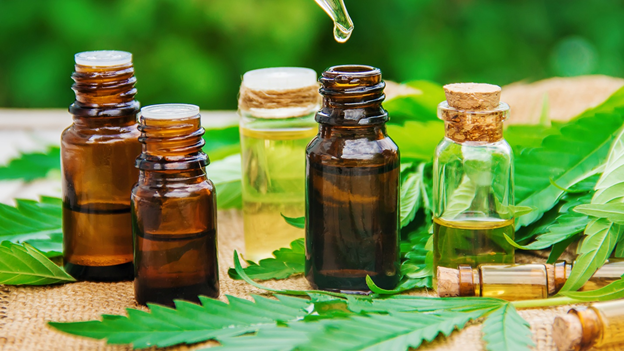
CBD Oil: A Comprehensive Guide
Cannabidiol, or CBD oil, is being touted as a miracle drug. It’s predicted to ease anxiety and depression, improve sleep quality, and give relief for chronic pain and other health problems. Although medical professionals are still unsure about the long-term effects of CBD oil on the market, many have begun prescribing it as a treatment option for various conditions. In fact, Canna Companion in Toronto recently became the world’s first ever cannabis dispensary to offer CBD oil to its patients.
CBD oil is thought to be effective because it contains compounds with antimicrobial properties that help fend off harmful microscopic organisms that can cause infections in people with compromised immune systems or autoimmune disorders such as Crohn’s disease or multiple sclerosis (MS).Although it has been shown that CBD oil can combat certain viruses, including hepatitis C and HIV, there are still many unanswered questions about the safe use of CBD oil.
And not just that. As the most prominent CBD-shop in Canada, Canna Companion is trying to educate the public about the properties and potential of CBD oil by creating a broad portfolio of informative resources to guide them through their decision-making process; hence this guidebook for our readers.
Assumptions & Disclaimer: This article aims to give a comprehensive overview on how one can “buy” or “buyer beware” when it comes to purchasing any type of supplement from a store or website that sells products containing CBD.
What is CBD?
The abbreviation “CBD” (cannabidiol) comes from the plant Cannabidiol, which is found in Cannabis sativa. The hemp plant produces the “extract” of CBD that contains the properties outlined above. CBD oil is just an extract of this extract.
CBD oil comes in many forms, including raw and organic. Raw refers to products made from whole hemp plants, whereas imported organic refers to products made from hemp plants that have been grown organically and/or containing trace amounts of pesticides and/or other contaminants (depending on the product). These contaminants are found in conventional hemp plants because they are grown using high-pesticide farming methods.
CBD oil has been gaining popularity in the medical community and mainstream media over the past few years. The film “Run From The Cure” by Rick Simpson has spurred much interest and hope for those with chronic diseases or disorders, as it highlights his personal battle with skin cancer and how he beat it using his homemade hemp oil extract. As of now, CBD oil is not regulated or approved by the FDA because it is not a over-the-counter medication. It can, however, be sold as a dietary supplement if you keep in mind these stipulations: products must contain less than 0.03% THC to be sold in the U.S.
The most common ways CBD oil is ingested are sublingual (“under the tongue”) or orally ingested (swallowed). Cannabidiol oil is also popularly used topically (applied directly to the skin) in salves and balms, such as Canna Companion’s own skin salve.

















